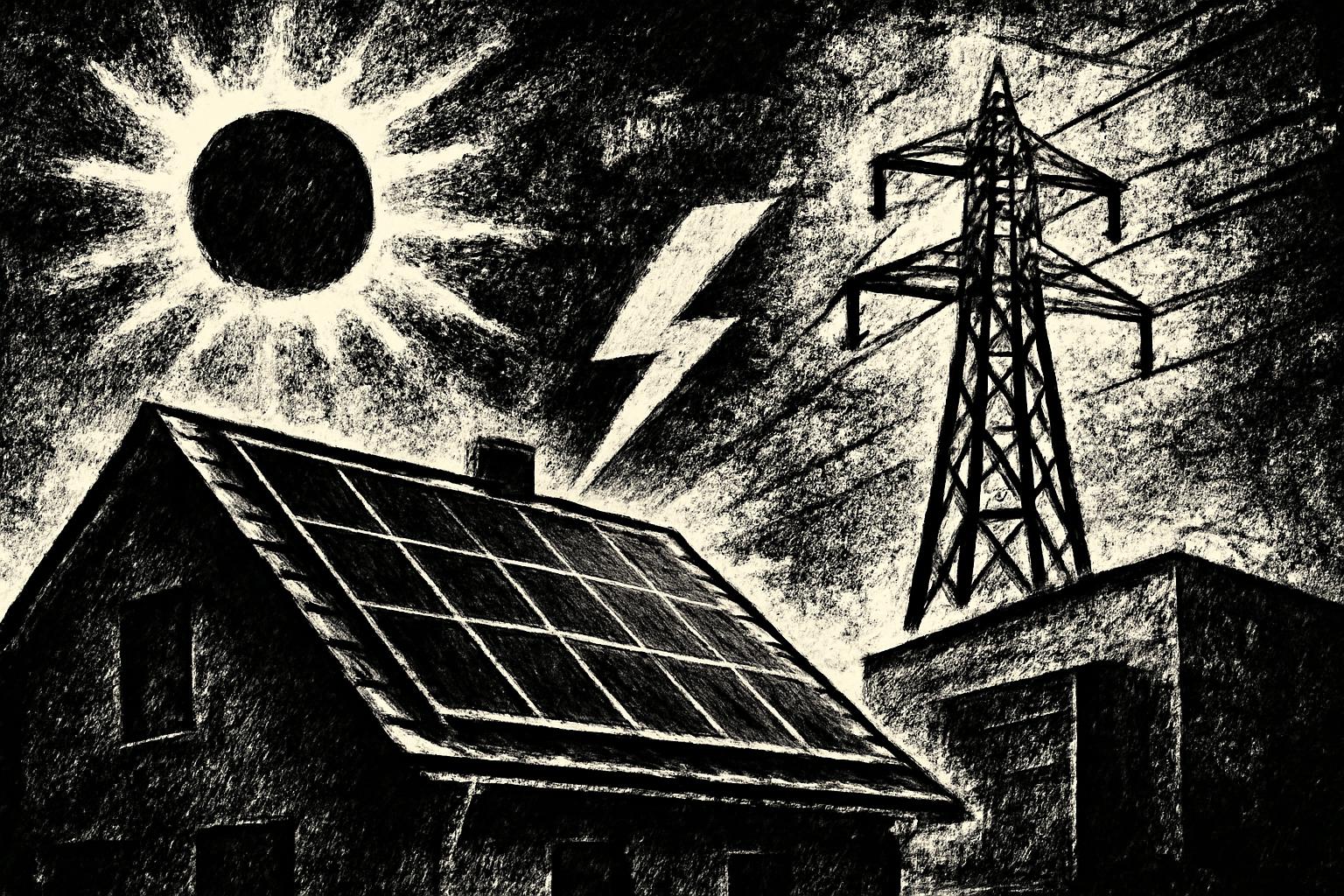The economics ministry is putting out a reality check on Energiewende while the fight over feed-in tariffs for small rooftop solar gets hotter. Minister Katherina Reiche signaled she wants to cut or scrap the Einspeisevergütung for private PV, arguing new installations are viable without subsidies. The sector is unsettled: ROI of about €250 per year for an average install is cited by critics who say the tariff isn’t the main driver and smarter policy tools are needed to push technological progress. Others warn a full abolition should wait for a broader framework. Reiche’s new stance pushes for reform that ties in a smarter grid, storage, and market participation, with subsidies removed only once those concepts exist and cost-reducing reforms have taken hold.
This is how a democracy pretends it’s bold while it trembles in its boots at the sun. They wave the “reality check” like a loud banner and pretend the subsidy is the dragon to slay. Meanwhile they pretend private PV is self-sufficient, glossing over the messy reality of financing, grid access, and the chaotic dance of storage and timing that actually makes rooftop power work. €250 a year sounds cute in a talking point, but it’s a tiny headline on a much bigger bill—the bill of keeping the grid stable, the bill of modernizing it, the bill of letting millions of prosumers actually participate.
And then the grand reform plan? It’s a smokescreen. Smarter grids and storage are wonderful buzzwords, but you can’t conjure a functioning market for solar power without rules, guarantees, and money on the table to fund the infrastructure. removing subsidies now would punish the little guys who took a risk and installed panels, the local installers who’ve built a business, and the communities that relied on predictable support to finance hardware and services. You want a real transition, fine—but show a credible, funded path: clear timelines, fair compensation, robust grid upgrades, and a real mechanism for prosumers to sell energy on fair terms. Otherwise this isn’t progress, it’s a delaying tactic dressed up as “policy discipline,” meant to protect the incumbents while the sun keeps shining. If they’re serious, they quit playing political theater and start delivering a genuine, market-ready framework that actually makes rooftop solar thrive without blind faith in subsidies.
